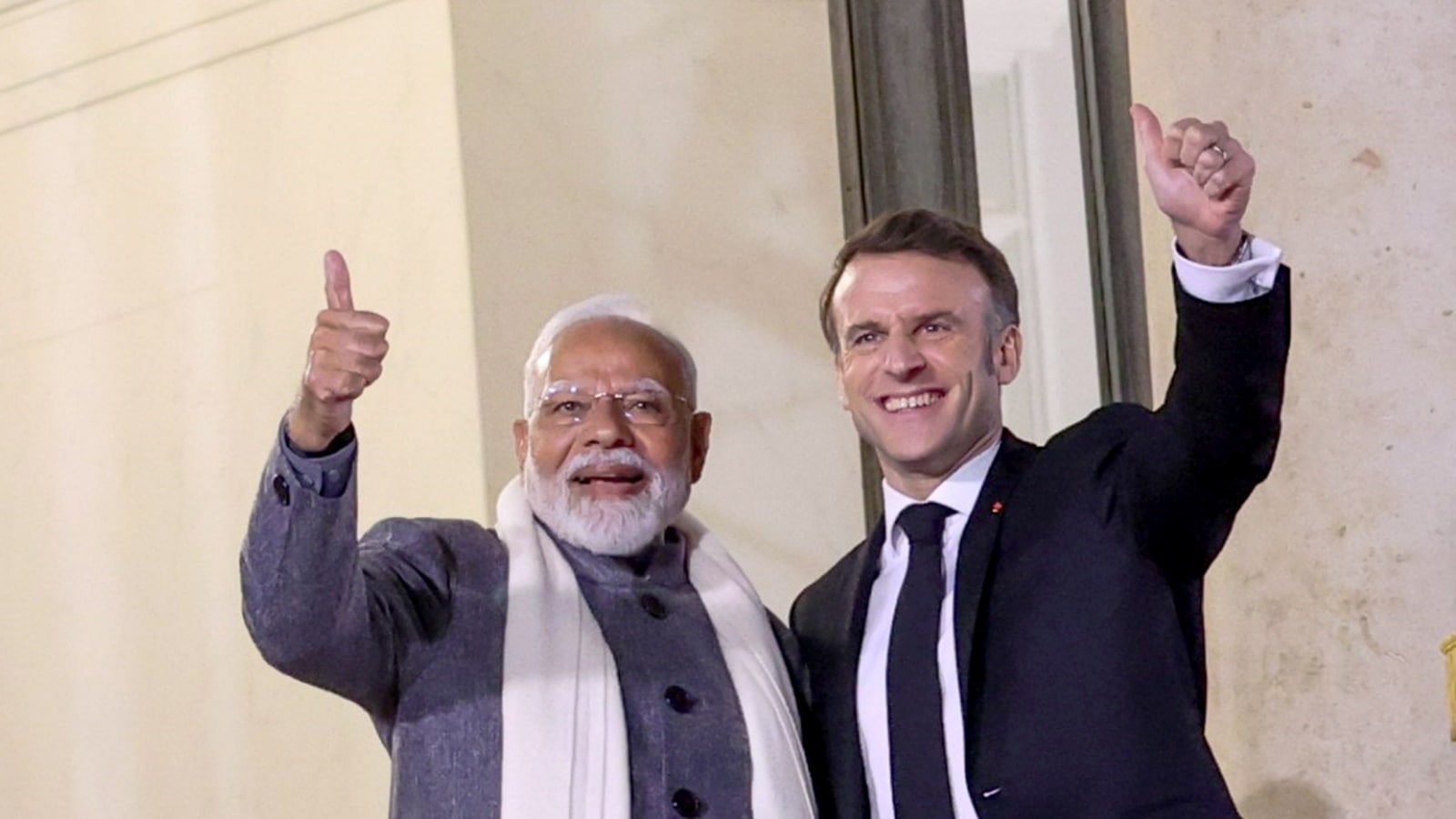 |
|
The Paris AI Action Summit, co-chaired by Prime Minister Narendra Modi and President Macron, highlighted the crucial role of India in shaping the future of artificial intelligence. The summit, attended by global leaders and tech giants, focused on key priorities including accessibility, ethics, security, job impacts, sustainability, and international cooperation. These priorities align well with India's strengths and interests, particularly its experience in bridging the digital divide through its Digital Public Infrastructure (DPI) and its large STEM workforce. The summit also underscored the contrasting approaches of the US (favoring a laissez-faire approach) and the EU (emphasizing strict regulation), leaving an opportunity for India to carve a middle path.
India's potential leadership in AI safety and ethics for the Global South is significant. Its established Digital Public Infrastructure provides a foundation for extending its reach to AI. The establishment of the AI Safety Institute (AISI) demonstrates a commitment to setting standards and guidelines. This initiative can significantly contribute to the global network of AI safety institutes, particularly in guiding developing nations. By taking a leadership role, India can shape the ethical development and deployment of AI, promoting responsible innovation within the Global South, ensuring equitable access and benefits, and mitigating potential risks. This approach would position India as a responsible global leader, influencing international norms and standards.
Balancing technological ambition with regulatory pragmatism is another crucial aspect for India. The country's approach thus far has been industry-friendly yet cautious. Maintaining this equilibrium is vital for fostering AI innovation while mitigating risks. India needs a regulatory framework that encourages startups without being overly burdensome. A balanced approach, where India actively participates in global safety initiatives while maintaining room for domestic innovation, is essential for sustainable growth. This strategy requires careful navigation to avoid stifling domestic innovation with overly restrictive regulations while adhering to evolving global standards.
India's strategic position allows for collaboration with both the US and Europe. Aligning with the US could provide access to computing infrastructure, innovation, and talent. The vast English-speaking market, global development centers, and a large pool of software engineers in India make it attractive to American big tech firms. Simultaneously, collaboration with Europe can leverage their focus on AI ethics and sustainability, aligning with India's broader goals. By avoiding taking sides in the US-China AI race, India can forge beneficial relationships with both, ensuring access to resources and expertise while maintaining its own independent approach. This non-aligned stance can also enhance India's influence in shaping global AI governance.
The Paris AI Action Summit represents a pivotal moment for global cooperation on AI. The contrasting approaches of the US and EU highlight the need for a balanced perspective, one that India is uniquely positioned to offer. By strategically embracing its strengths, India can leverage its capabilities to lead in AI safety and ethics for the Global South, balance technological ambition with responsible regulation, and build strong relationships with both the US and Europe. This approach can not only benefit India but also contribute significantly to shaping a future where AI is developed and deployed responsibly and equitably for the benefit of all nations.
Furthermore, India’s success in navigating the digital divide through its DPI initiative offers a valuable case study for other nations. This experience, coupled with its rapidly growing tech sector and large pool of skilled engineers, provides a strong foundation for leadership in AI. India can share its expertise and knowledge with other developing countries, helping them to avoid the pitfalls of rapid technological advancement and ensure that AI benefits all members of society. This collaborative approach would not only enhance India’s global standing but also help to create a more equitable and inclusive global AI landscape.
The successful implementation of these recommendations will require a concerted effort from the Indian government, industry, and academia. Strategic investments in AI research and development, coupled with robust regulatory frameworks that encourage innovation while mitigating risks, are essential. India must also foster a culture of collaboration and knowledge sharing, both domestically and internationally, to ensure that its leadership in AI is impactful and sustainable. The Paris summit provided a significant platform for India to articulate its vision for the future of AI; now it is time to translate that vision into concrete action.
Source: Paris AI Action Summit: India should take the lead for the Global South
